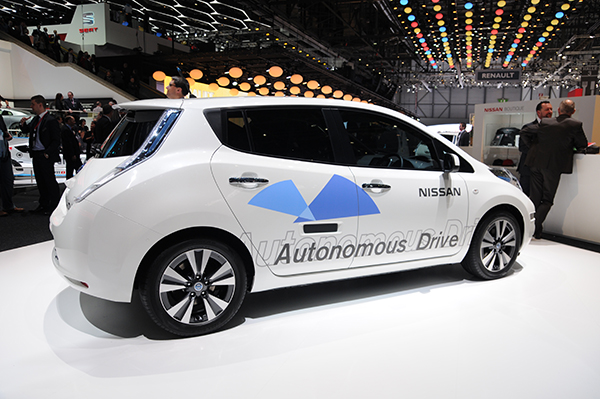We have always dreamed of the future and what it might hold for us. When it comes to cars, our dreams have finally come true. The invention of the self-driving car is upon us and with it, our future selves. This new and innovative development is taking the automobile world by storm, and people are ecstatic to get their hands on one of these cars. However, some are terrified of this new invention and quiver about what kind of impact it will have on auto insurance.
What Driverless Cars Have in Store for Us
Driverless cars come with many safety features that might actually lower your auto insurance rates. Advancements in technology have led to a decrease in fatalities, according to a study conducted by the Institute for Highway Safety (IIHS). In fact, collision-related fatalities while operating a late model car have decreased by more than a third within the past three years. Nine car models have had absolutely zero fatalities per one million drivers and electronic stability controls have reduced the risk of rollovers.
Is Your Insurance Carrier Frightened by the Future?
Many experts believe that in the next twenty five years 80% of car accidents will decrease, which could ultimately have a negative impact on the insurance industry. Self-driving cars could possibly decrease the price of premiums because there will likely be a decrease in claims filed. There will still be a need for liability insurance due to the fact that drivers have the option to manually drive the vehicle but the coverage may change. Another predictable blow to the insurance company involves theft protection coverage. Owners of driverless cars might not even need theft protection due to advances. There is a “kill-switch†in many of the cars that won’t allow a person to turn the ignition on unless it is the owner. These cars also have a GPS tracking system so you will always know where your car is. This feature will reduce the need for theft protection and will most likely decrease the amount paid on average for comprehensive theft protection.
How Self-Driving Cars May Affect Insurance
With all of the safety features that the driverless car offers, there is still a possibility that there will be no effect on auto insurance companies. For some years now, there have already been technological advances in later model cars but no changes in premium rates. For example, many later model cars have collision avoidance features like front-end crash-warning systems and blind spot detectors. Although these features are intended to help drivers avoid collisions, the number of accidents rose 10% in 2014 compared to the number of accidents reported in 2009, according to the National Highway Traffic Safety Administration. There has been a decrease in fatalities but not car accidents in general.
It is difficult to predict how driverless cars will ultimately effect auto insurance premiums in the long-run, but even though they will not prevent all accidents, they are still a safer alternative to manually driven vehicles.
The information in this article was obtained from various sources. This content is offered for educational purposes only and does not represent contractual agreements, nor is it intended to replace manuals or instructions provided by the manufacturer or the advice of a qualified professional. The definitions, terms and coverage in a given policy may be different than those suggested here and such policy will be governed by the language contained therein. No warranty or appropriateness for a specific purpose is expressed or implied.
